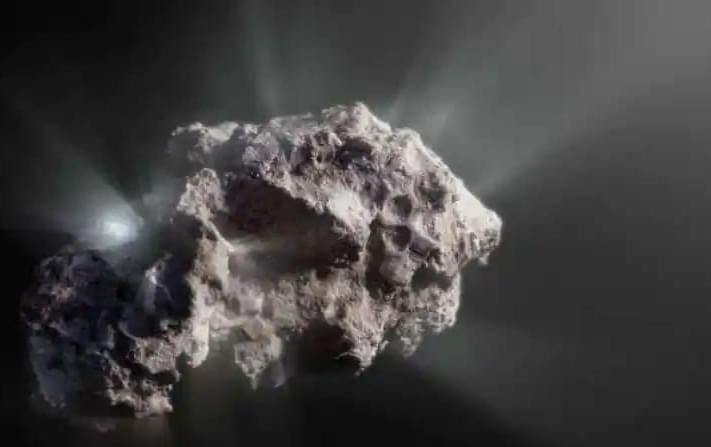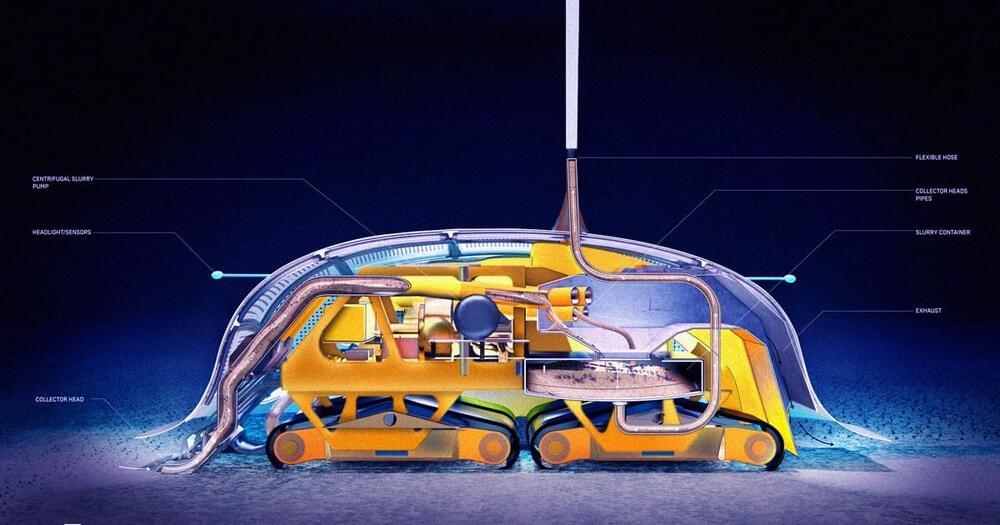Brief summary of this episode:
- (1:35) OpenAI: AI Beneficial for All.
- (7:15) AI as an existential risk.
- (11:47) Safe AI development.
- (16:16) Neuralink — “If you can’t beat ‘em, join ‘em.“
- (19:04) The Future of AI
Join this channel to get access to perks:
https://www.youtube.com/channel/UCDukC60SYLlPwdU9CWPGx9Q/join.
Neura Pod is a series covering topics related to Neuralink, Inc. Topics such as brain-machine interfaces, brain injuries, and artificial intelligence will be explored. Host Ryan Tanaka synthesizes informationopinions, and conducts interviews to easily learn about Neuralink and its future.
Most people aren’t aware of what the company does, or how it does it. If you know other people who are curious about what Neuralink is doing, this is a nice summary episode to share. Tesla, SpaceX, and the Boring Company are going to have to get used to their newest sibling. Neuralink is going to change how humans think, act, learn, and share information.
Neura Pod:





